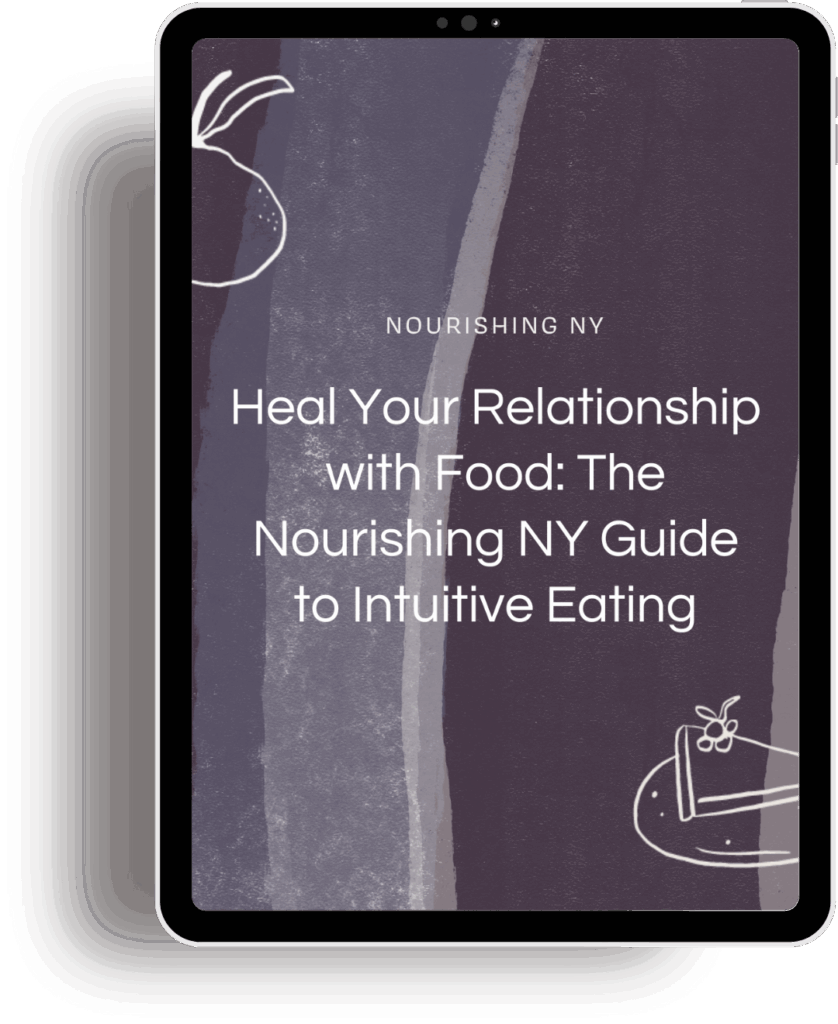Eating disorder behavior may cause Gastrointestinal distress and Gastrointestinal disorders may lead to an increase in eating disorder symptoms. One survey found that 98% of women admitted to an eating disorder unit had digestive problems, and 50% of those women met the criteria for irritable bowel syndrome diagnosis. Though we know that Gastrointestinal disorders and eating disorders are co-occurring and intricately linked, we do not fully understand the underlying mechanism of this interaction.
Eating Disorders and Gastrointestinal Issues: Comorbid and Overlap of Symptoms
Behaviors associated with and consequences of eating disorders can contribute to the development of Gastrointestinal issues. Vomiting, laxative abuse, restrictive food intake, and malnutrition all impact and impair Gastrointestinal functions such as gastric motility, gastric emptying, and intestinal transit. When Gastrointestinal functions are impaired, issues or disorders occur, such as Irritable Bowel Syndrome, gastric reflux, bloating, constipation, and diarrhea.
Having pre-existing Gastrointestinal disorders will likely increase the likelihood of paying close attention to food intake and body weight. When certain foods impact Gastrointestinal function and cause symptoms, chronic dietary restriction is more likely. Behaviors and symptoms caused by Gastrointestinal distress, such as loss of appetite, self-induced vomiting, dysphagia (difficulty swallowing), constipation, and bloating, are also eating disorder symptoms.
One example of how a Gastrointestinal disorder may cause long-term restriction and contribute to the development of an eating disorder is in the case of Celiac disease. Celiac disease is treated by removing all gluten-containing food products from the diet. A study in 2017 found that the fear of how following a gluten-free diet will impact the way your body looks as well as a binge-restrict cycle of gluten-containing foods have a role in the development of disordered eating for people with Celiac disease.
Treating GI Issues in People with Eating Disorders
Elimination diets are typically used to treat Gastrointestinal disorders. Diets like the low-FODMAP diet are typically explored; however, restrictive diets are more likely to complicate recovery. Another way to go about treating digestive distress is through the same behavioral interventions that are used to treat and support eating disorder recovery. Additionally, a focus on adding foods to support the gut, rather than eliminating foods can be a helpful treatment tool. For example, ensuring a variety of foods are a part of the diet, incorporating foods with probiotics, and focusing on foods that are not “diet” alternatives.
Though these are useful tools, sometimes more is needed. In the case of minor Gastrointestinal dysfunction foods do not need to be fully eliminated, but what about cases like Celiac disease, mentioned earlier? The only current treatment for Celiac disease is to eliminate all gluten-containing foods from the diet, but this restrictive mindset can increase the likelihood of disordered eating and the occurrence of eating disorders. People with patterns of disordered eating and eating disorders need nutrition education that teaches them to act out of caution rather than fear. This means they do not allow Celiac disease to hold them back from doing things. For example, eating with friends—make sure ahead of time that you are choosing to go to a restaurant with gluten-free options and teaching people how to cook safely for you instead of being afraid to eat any food outside of your home.
Incorporating intuitive eating during this recovery and diagnosis process is also helpful to people who have both Gastrointestinal dysfunction and an eating disorder. A full elimination diet may result in a binge-restrict cycle. Instead, learning your body and which foods cause stomach upset and symptoms under a registered dietitian’s care can help people make an educated choice to avoid or incorporate certain foods without guilt and fear.
What does it all mean?
We know that eating disorders and Gastrointestinal issues go hand in hand. Though we do not know which one causes the other as it is likely different on an individual basis, we do know that when one is present, there is an increased likelihood of the other. This means that we must look out for both when there is one. People with eating disorders should be screened for Gastrointestinal disorders and people diagnosed with Gastrointestinal disorders should be screened for an eating disorder. Additionally, practitioners working with both of these populations must be aware of this crossover of symptoms ad diagnoses, as well as be educated in order to drop weight biases in the treatment of Gastrointestinal diseases to try to eliminate eating disorder development.
References
Eating disorders and gastrointestinal problems: What you need to know. (2021, May 3). Kentuckiana Gastroenterology & Paramount Surgery Center. Retrieved June 27, 2022, from https://www.gastrodocky.com/eating-disorders-and-gi-problems
Evans, M. (2020, August 6). Digestive disorders and eating disorders: A complicated mix. Marci RD Nutrition. Retrieved June 27, 2022, from https://marcird.com/digestive-disorders-eating-disorders-a-complicated-mix/
Rodriguez, T. (2022, April 8). What is the relationship between GI disorders and eating disorders? Gastroenterology Advisor. https://www.gastroenterologyadvisor.com/general-gastroenterology/what-is-the-relationship-between-gi-disorders-and-eating-disorders/
Santonicola, A., Gagliardi, M., Guarino, M. P. L., Siniscalchi, M., Ciacci, C., & Iovino, P. (2019). Eating disorders and gastrointestinal diseases. Nutrients, 11(12), 3038. https://doi.org/10.3390/nu11123038
Scarlata, K., & Anderson, M. E. (2014, October). Eating disorders and GI symptoms — understand the link between them and how to treat patients. Dietitian, 16(10), 14. https://www.todaysdietitian.com/newarchives/100614p14.shtml
Silfverduk, T. (n.d.). Eating disorders and celiac disease. Celiac Dietitian. Retrieved June 27, 2022, from https://tayler.silfverduk.us/eating-disorders



